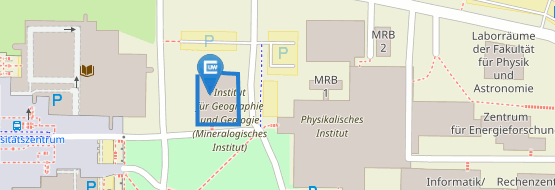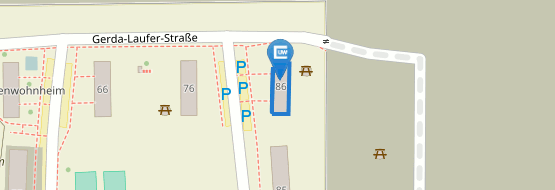STAGE – The influence of the surrounding urban environment on the health of the people in Germany
Humanity is on the verge of societal transformation towards an urban species. Urbanization significantly affects urban structures, which are linked to health relevant environmental influences such as noise or heat. Studies have already investigated several positive and negative effects on health like the accessibility of green spaces or the influence of local urban heat islands. These displayed that health burdens are unequally distributed across space and socioeconomic groups. Yet, a statewide analysis of the effects of the urban environment on public health as well as their socio-spatial distribution in Germany has not been conducted to date.
Therefore, the aim of this thesis is to quantify health effects of urban structures and to investigate their distribution in space on a local, regional and national scale as well as with respect to the social structure of the population throughout Germany.
In the scope of this thesis, these relationships will be analyzed by a combination of modern satellite based earth observation and vast geo-localized social science survey data for the first time. Remote sensing methods and freely available earth observation data allow for coverage of both, a wide spatial extent and high geometrical resolution. Based on physical properties of the environment, they are suited to conceptualize urban structures by “Local Climate Zones” (LCZ) all over Germany. Since properties like building density or green space have proved to be particularly health relevant, the LCZ approach has great potential for environmental-aware social sciences. Moreover, survey data from the German “Socio-Economic Panel” (SOEP) which are based on annual interviews among 30,000 people are included in the analysis. This unique data set includes information on the socio-economic as well as the health status of the respondents.



